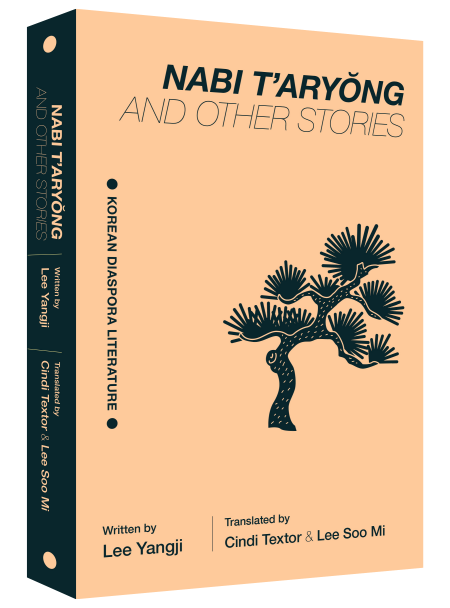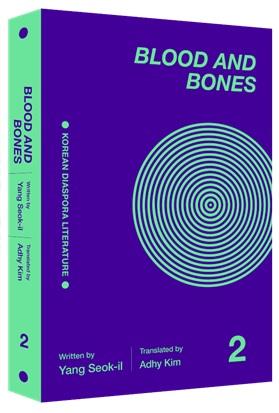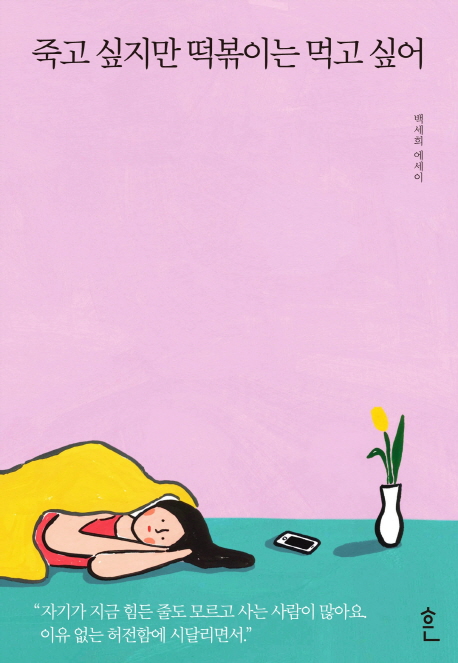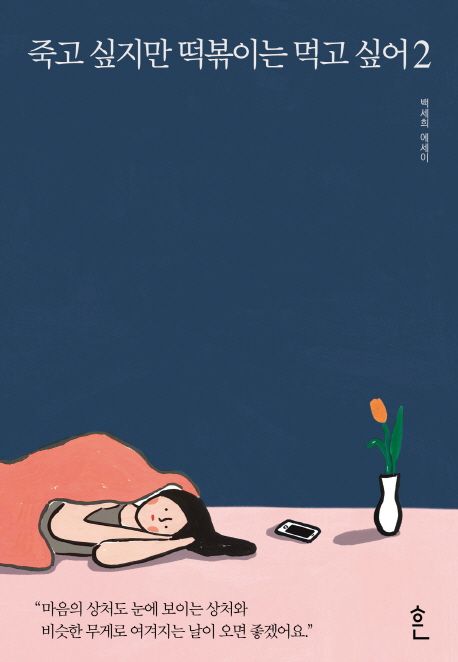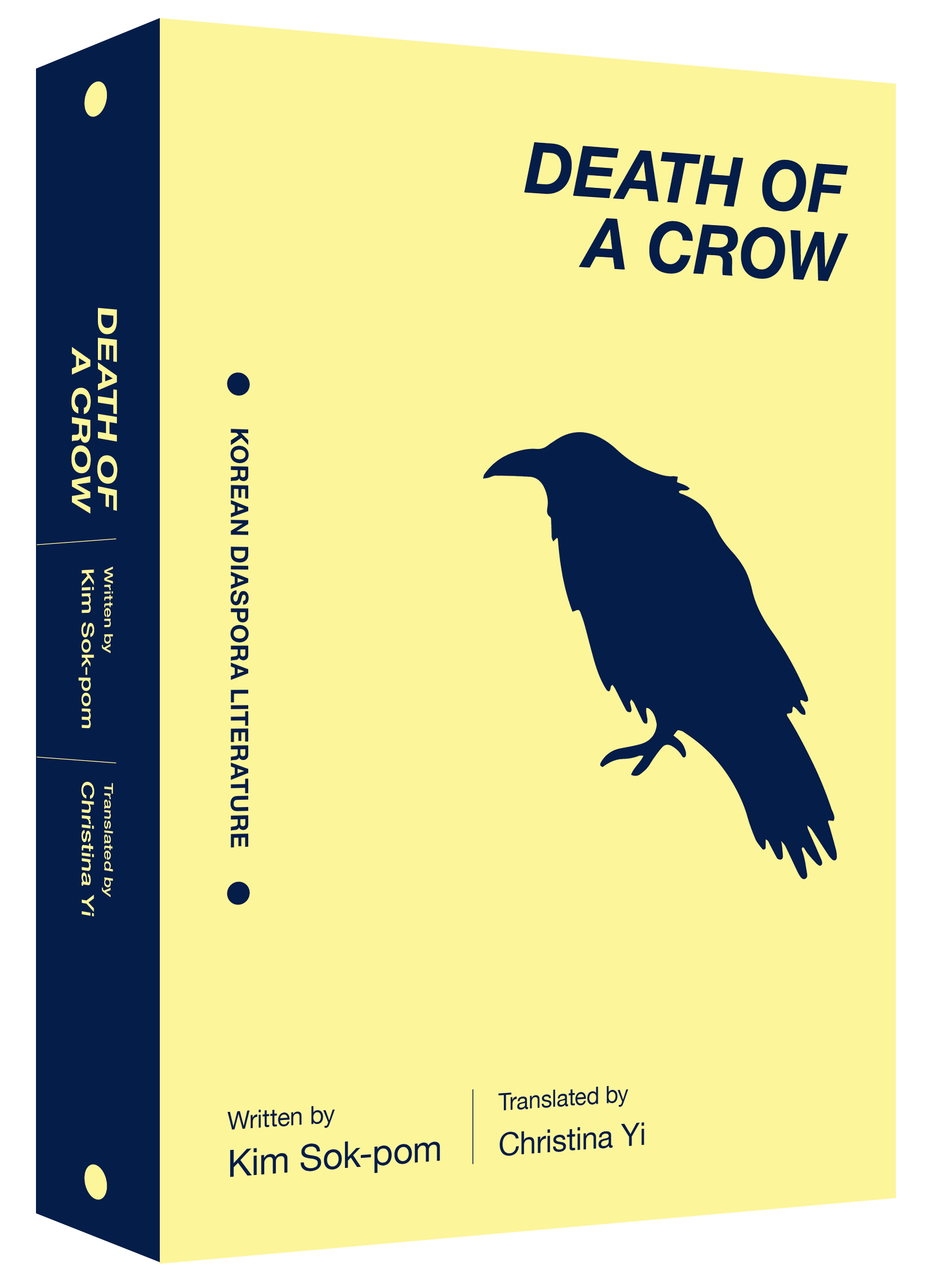Lee Yangji
Lee Yangji: Nabi T'aryŏng and Other Stories Korean Diaspora Literature
39,90 €*
-
Art.Nr./ISBN: 9781624121517
-
Verlag: Seoul Selection
-
Seitenzahl: 440
-
Einband: Softcover
-
Jahr: 2022
-
Sprache: English
-
Medientyp: Book
-
Autor: Lee Yangji
Derzeit nicht auf Lager. Lieferbar in ca. 45 Tagen
An Ethnic Korean Woman in Japan Struggles to Find Her Identity
When she utters “our country,” which does she mean, Korea or Japan? Lee Yang-ji’s short stories “Yuhi” and “Nabi T’aryǒng” portray the agony and inner conflict of Zainichi (ethnic Koreans residing in Japan) who find themselves considered strangers both in Korea and Japan.
“Yuhi” features the eponymous protagonist going to Korea in search of her roots as does Aiko, the main character of “Nabi T’aryǒng.” Both women grow frustrated after realizing that they are considered marginal persons who can be neither Korean nor Japanese.
The two works vividly show traces of the writer’s agonizing search for her identity and feelings of ambivalence as a second-generation Zainichi. Through these autobiographical stories, she uses her personal problems to brilliantly explore the realm of ethnic identity and language.
Included Works
Nabi T’aryŏng (Nabi taryon, 1982)
The Diver (Kazukime, 1983)
My Brother, Gone Before Me (Anigoze, 1983)
Yuhi (Yuhi, 1988)
About the Author
Lee Yangji (Yoshie Tanaka, 1955–1992)
A second-generation Zainichi (ethnic Korean residing in Japan) novelist, artist, and folk dancer, Lee Yangji used writing as one of many creative outlets to explore her experience as an outsider in both Japanese and Korean society. She studied in Korean literature and performance at Waseda University in Tokyo and later at Seoul National University, where she wrote “Nabi T’aryǒng.” In 1989, she became the first Zainichi woman to receive the Akutagawa Prize "Yuhi," the last novel she published during her lifetime.
In 1992, Lee died at age 37 from acute myocarditis, and her final novel Ishi no koe was published posthumously. To mark the 30th year of her passing, Yangji Lee Selection and Kotoba no Tsue: Lee Yangji Essay Collection were published in 2022.
About the Translator
Cindi Textor is assistant professor of Japanese literature and culture at the University of Utah. She has translated Zainichi author Kim Sok-pom’s The Curious Tale of Mandogi’s Ghost (2010) and her papers have appeared in the publications positions: asia critique, The Journal of Korean Studies, and The Asia-Pacific Journal: Japan Focus.
Lee Soo Mi earned a PhD in Japanese literature from the University of California at Berkeley. A third-generation Zainichi raised primarily by her illiterate grandparents, who often told her stories of their struggle and survival in Japan, she has researched writers and artists from historically marginalized communities with a focus on Zainichi women and their autobiographical expressions of struggle, resistance, and empowerment.
Contents
Yuhi
The Diver
My Brother, Gone Before Me
Nabi T’aryǒng: A Mourning Butterfly

